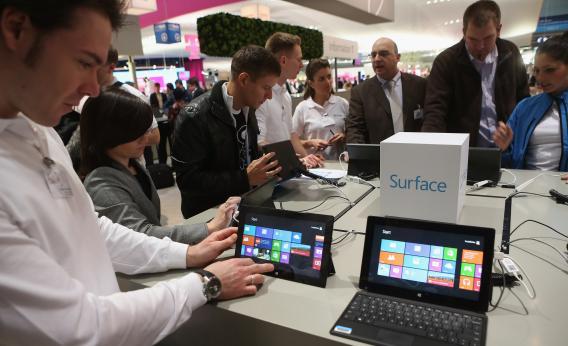Paul Krugman says the age of superstar-driven inequality may be behind us as we enter a world of “good old-fashioned capital versus labor.”
That seems correct, but to coin a phrase, though the capital-versus-labor element may be old-fashioned, what’s striking to me about the emerging 21st-century economy is that the “capital” in question is very much newfangled. The returns aren’t going to owners of factories. And despite the automation hype, they don’t seem to be going to the owners of robot armies either. The kinds of “capital” that are soaring in value are either actually land in terms of classical economics or they’re the mysterious intellectual property. This is a great time, in other words, to have come to own oil and gas fields or a swath of Manhattan 15 or 20 years ago. And outside the realm of land, the most valuable capital people own is things like Bill Gates’ claim to the copyrights on Windows and Office, not Bill Gates’ claim to office buildings in Redmond, Wash.
Physical capital is valuable because it’s scarce, but there’s also a view that through financial incentives you can make it less scarce. Land is just scarce because it’s scarce, and as returns to Manhattan land ownership increase, the size of the island doesn’t expand. Intellectual property is deliberate government-created scarcity out of concern that were it not possible for Bill Gates to become so wealthy nobody would write word-processing programs (don’t tell these guys).
